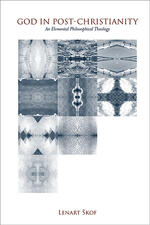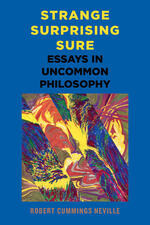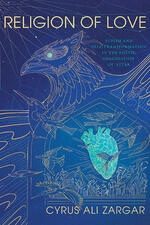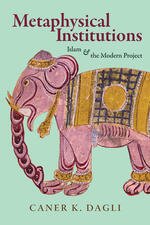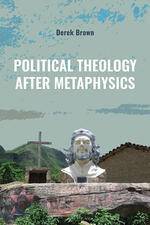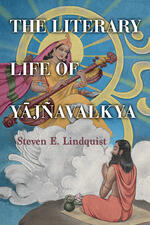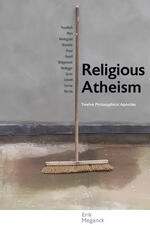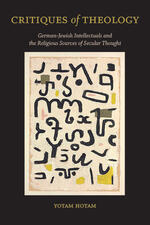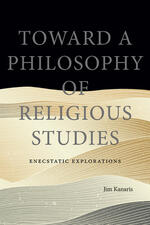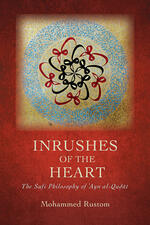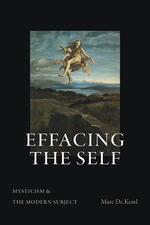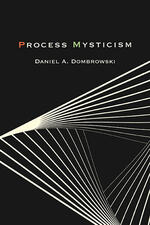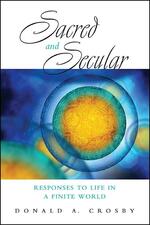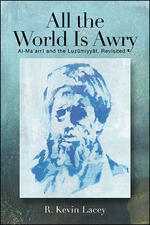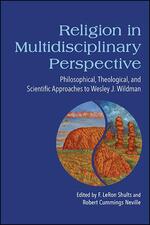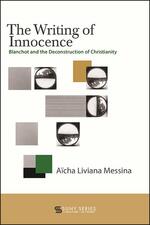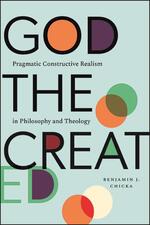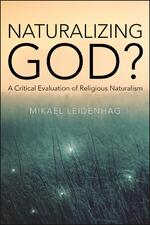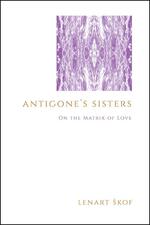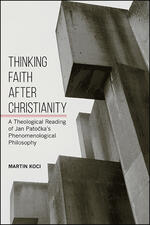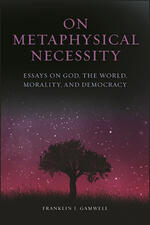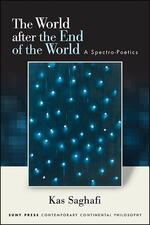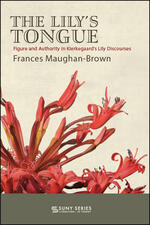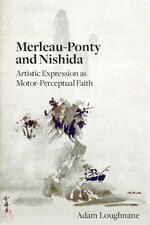Philosophy of Religion
God in Post-Christianity
Argues for a new elemental and sensory experience of God.
Strange, Surprising, Sure
Accessible and wide-ranging essays on the philosophy of religion.
I, Yantra
Argues that ancient yantra (robot) tales reveal how their Hindu, Buddhist, and Jain authors thought about the nature of humanity and our role in a cosmos filled with divine and natural forces.
Religion of Love
A groundbreaking study of Farid al-Din ʿAṭṭār, one of Persian literature's greatest poets.
Metaphysical Institutions
Uses the intellectual encounter between Islam and modernity to explore the nature of culture, civilization, religion, and tradition.
Political Theology after Metaphysics
Argues for a revolutionary political theology that can be used to combat racism, sexism, and other forms of oppression.
The Literary Life of Yājñavalkya
A literary and historical investigation into an ancient Indian religious thinker, tracing his rise in importance in the Hindu tradition.
Religious Atheism
Calls into question the traditional polarity of theism and atheism.
Critiques of Theology
Argues that the modern practice of critique emerged out of religious traditions and can in many ways be traced back to them.
Toward a Philosophy of Religious Studies
Offers a unique perspective on the study of religion revolutionized by contemporary continental thinking.
Inrushes of the Heart
A comprehensive introduction to the life and thought of one of the Islamic intellectual tradition’s most original and profound authors.
Effacing the Self
Argues that self and selflessness are aspects of the same insoluble problem at the very heart of modernity.
Process Mysticism
Offers a process philosophical approach to mysticism and mystical religious experience.
Sacred and Secular
Explores distinctions between the sacred and the secular in a variety of religious traditions, and proposes ways in which their relationship can be mutually beneficial.
All the World Is Awry
Examines the thought of Abū al-‛Alā’ al-Ma‛arrī (973–1057 CE) within the broader context of the major trends in Arab Islamic political and intellectual history by the time of his flourishing.
Religion in Multidisciplinary Perspective
An up-to-date examination of the work of one of the most inventive thinkers in the study of religion.
The Writing of Innocence
An original reading of Blanchot's thought with far-reaching philosophical and literary implications.
God the Created
Develops a creative and provocative new model of God that brings together insights from both process theology and ground-of-being theology.
Naturalizing God?
Evaluates religious naturalists’ attempts to find a middle path between supernaturalism and atheistic secularism, and explores naturalistic, theistic, and panpsychist solutions.
Antigone's Sisters
An original and innovative exploration of Antigone, femininity, and love in various cosmological, philosophical, and theological contexts.
Thinking Faith after Christianity
Examines theological motifs in the work of Jan Patočka, drawing out their implications for contemporary theology and philosophy of religion.
On Metaphysical Necessity
Emphasizes the importance of metaphysical necessity to both philosophical theology and, through it, to moral and political theory.
The World after the End of the World
Examines themes of loss and mourning in the late work of Derrida.
The Lily's Tongue
Examines four discourses by Kierkegaard, arguing that they play a critical and surprising role in his oeuvre and contribute to the philosophy of figural language.
Merleau-Ponty and Nishida
Places the phenomenologies of Merleau-Ponty and Nishida in dialogue and uncovers a demand for a motor-perceptual form of faith in both philosophers’ meditations on artistic expression.
